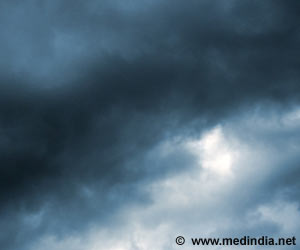Researchers from the Alfred Wegener Institute for Polar and Marine Research in Germany have analyzed that Arctic ice is continuing to thin down to alarming levels.
Researchers from the Alfred Wegener Institute for Polar and Marine Research in Germany have analyzed that Arctic ice is continuing to thin down to alarming levels.
According to a report in New Scientist, Christian Haas from the Alfred Wegener Institute for Polar and Marine Research, and his team, estimated the thickness of late summer ice at the North Pole in 2001, 2004 and 2007.They found that the ice was on average 1.3 metres thick at the end of the summer in 2007. By contrast, its depth was 2.3 metres in 2001 and 2.6 metres in 2004.
"In 2007, the ice was 1.3 metres thick on average, compared with 2.6 metres in 2004," said Hass.
The team went to the North Pole aboard the German icebreaker RFV Polarstern in August and September of 2001, 2004 and 2007.
While there, they used helicopter-borne instruments to determine the thickness of large swathes of ice by measuring its conductivity.
Previously, glaciologists had measured ice thickness in spots by placing instruments directly on the ice.
Advertisement
While the ice at the North Pole used to be thick "old" ice, much of it now is thinner first-year ice, which has had only a single winter to grow.
Advertisement
Taken together, the studies suggest that the Arctic could soon be ice-free during summer.
Source-ANI
SRM









